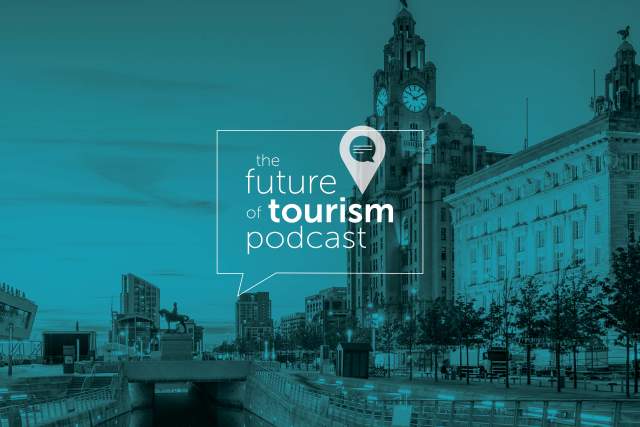Cultural heritage — is it a catalytic force for authentic destination development or a double-edged sword that must be wielded with skill and attention?
The European Capitals of Culture (ECOC) initiative is an annual designation awarded to chosen European cities and designed to highlight the richness and diversity of cultures of Europe while also regenerating cities, boosting tourism, breathing new life into a city’s culture, raising the international profile of cities, and enhancing the image of cities in the eyes of their own inhabitants. Starting in 1985, it has boosted cultural, social, and economic development in more than 60 cities across the European Union and beyond.
This sounds great and is great — but sometimes, the success of such an initiative can bring about a new set of considerations. Let’s look at the experience of Liverpool, England.
With Liverpool, most narratives begin with phrases like “once a great port city” or “the gateway to the empire.” Its location on England’s North West coast made it a center for commercial trading during the British Empire, and this aspect of the city’s past formed the basis of its UNESCO World Heritage Site status.
It’s a narrative that usually includes a passing nod to the decline of the shipping industry in the 20th century and a World War II legacy that includes being heavily bombed and having no resources to rebuild. It suffered a postwar decline, widespread unemployment, depopulation, riots, and the enduring legacy of the “managed decline” macabre public policy of the Margaret Thatcher era.
By the 1980s, Liverpool’s center was hardscrabble indeed, but things started to change rapidly. By 2004, Liverpool was on the shortlist for ECOC, and in 2008, it was awarded the prestigious title of European Capital of Culture. In 2018, a vibrant, animated, and visually splendid Liverpool celebrated the 10th anniversary of its award.
But the winds of change were afoot. Liverpool faced a new problem — the overwhelming success of the Capital of Culture designation had catapulted 15-plus years of unprecedented growth. Liverpool was on a hot streak and working very hard to maintain it, but that inevitably would clash with their world heritage site designation, rescinded in 2021.
Which leads us back to my opening question: is cultural heritage a catalytic force for destination development or a double-edged sword that needs to be wielded?
My two guests on this Future of Tourism episode have been sitting at a front-row table to Liverpool’s transformation since the 1980s. Chris Brown works for the Liverpool City Council as the director of marketing Liverpool, and Richard Veal is the managing director at Simpleview Europe.
An instructive episode, indeed.

